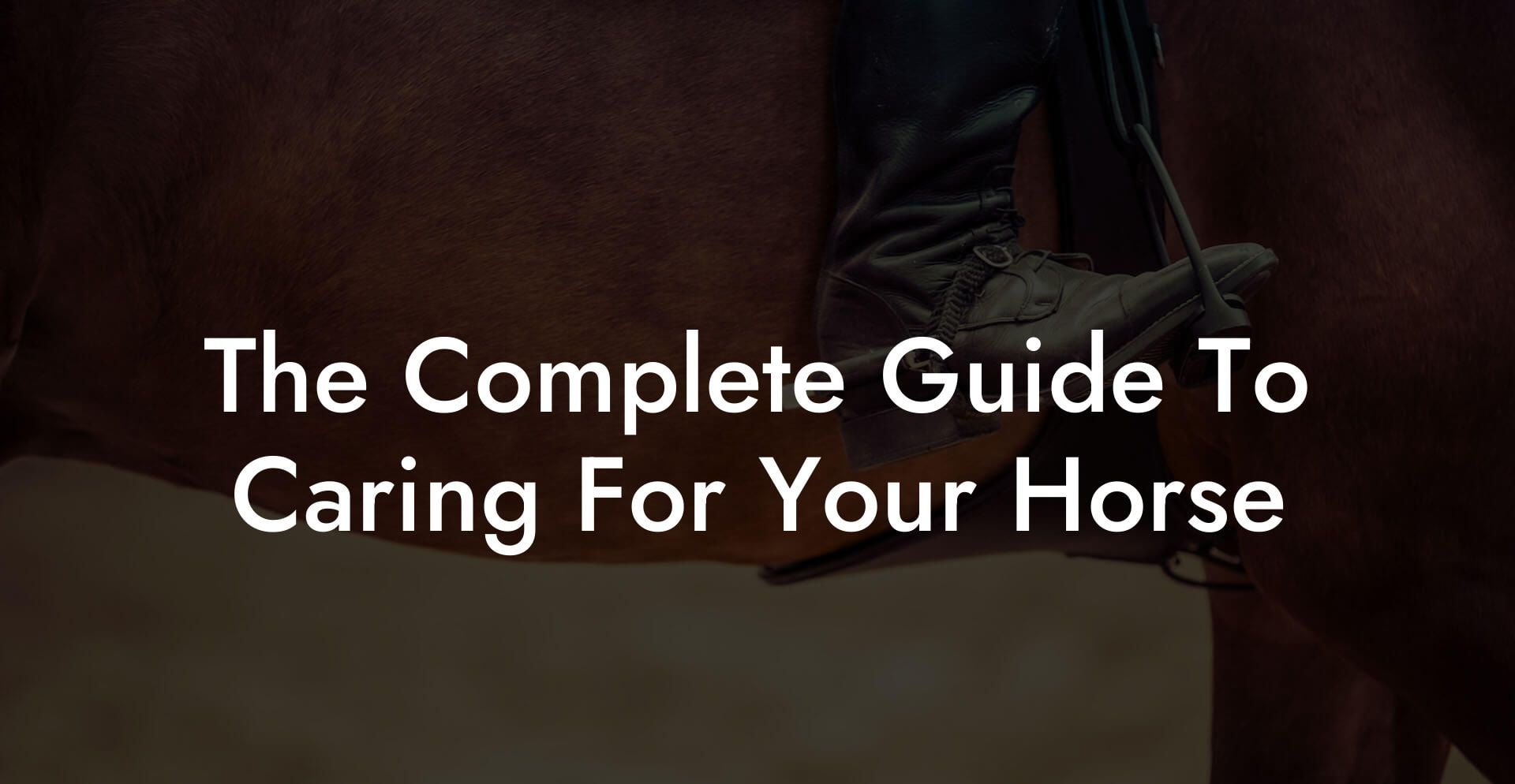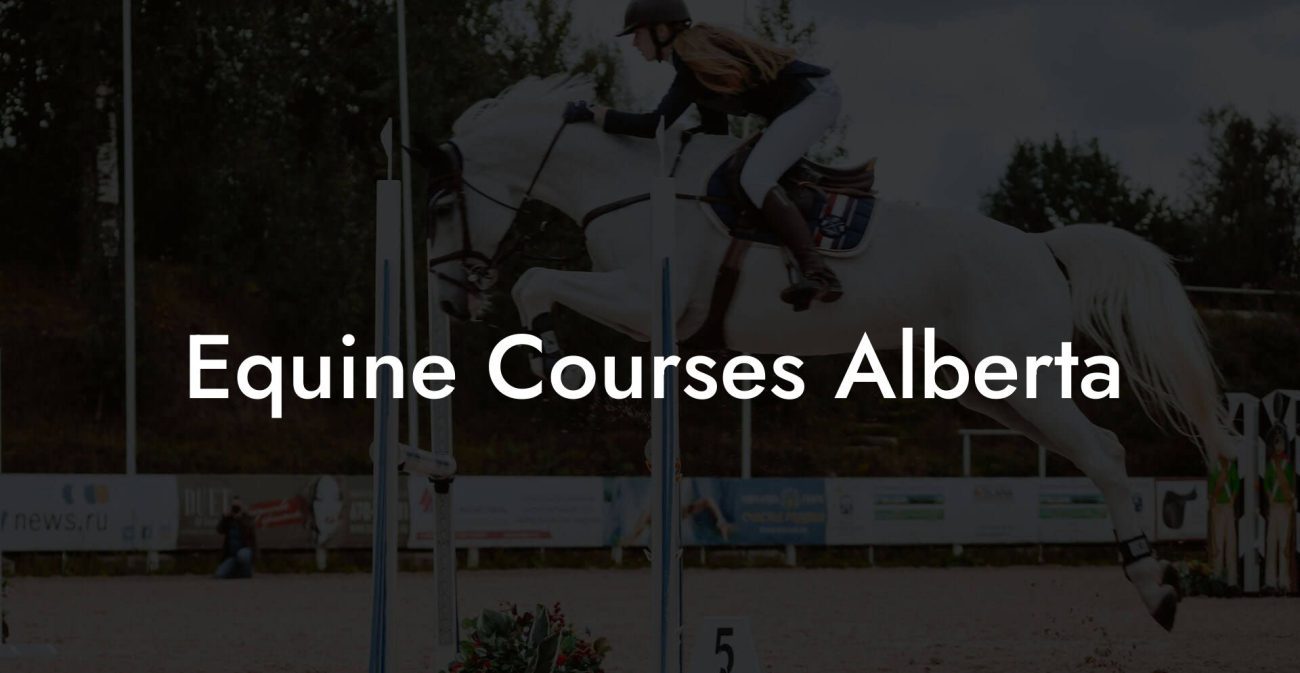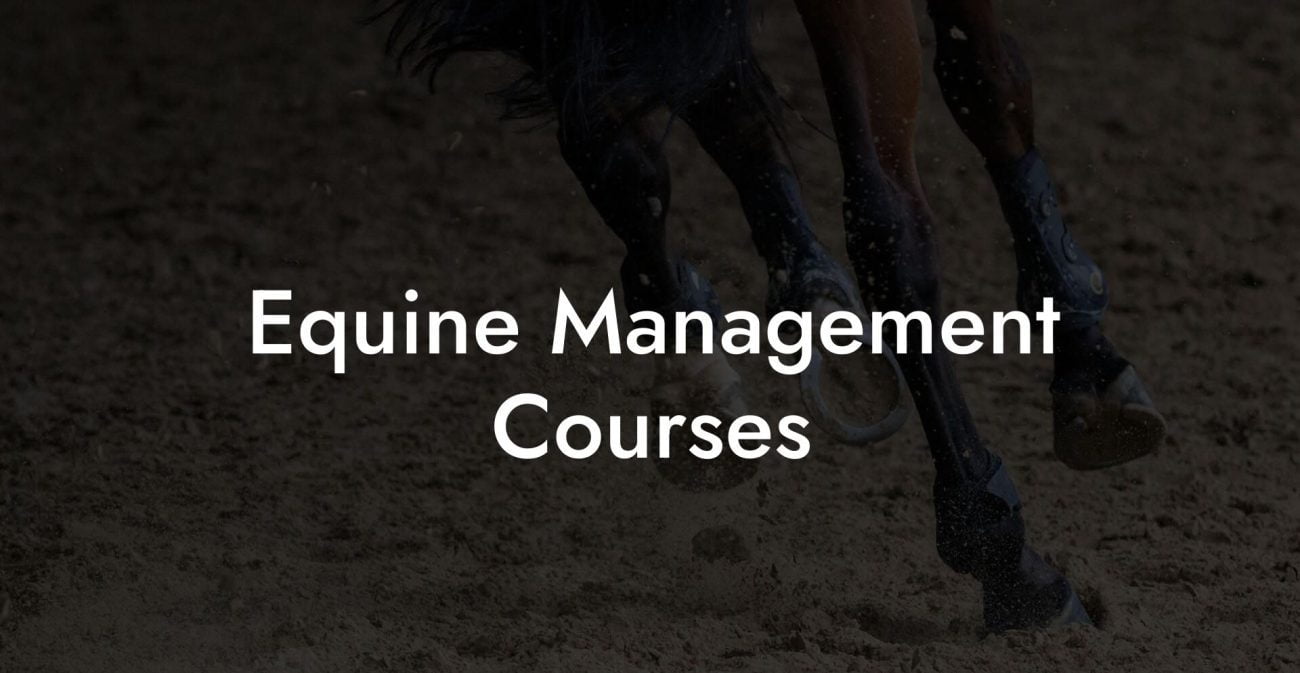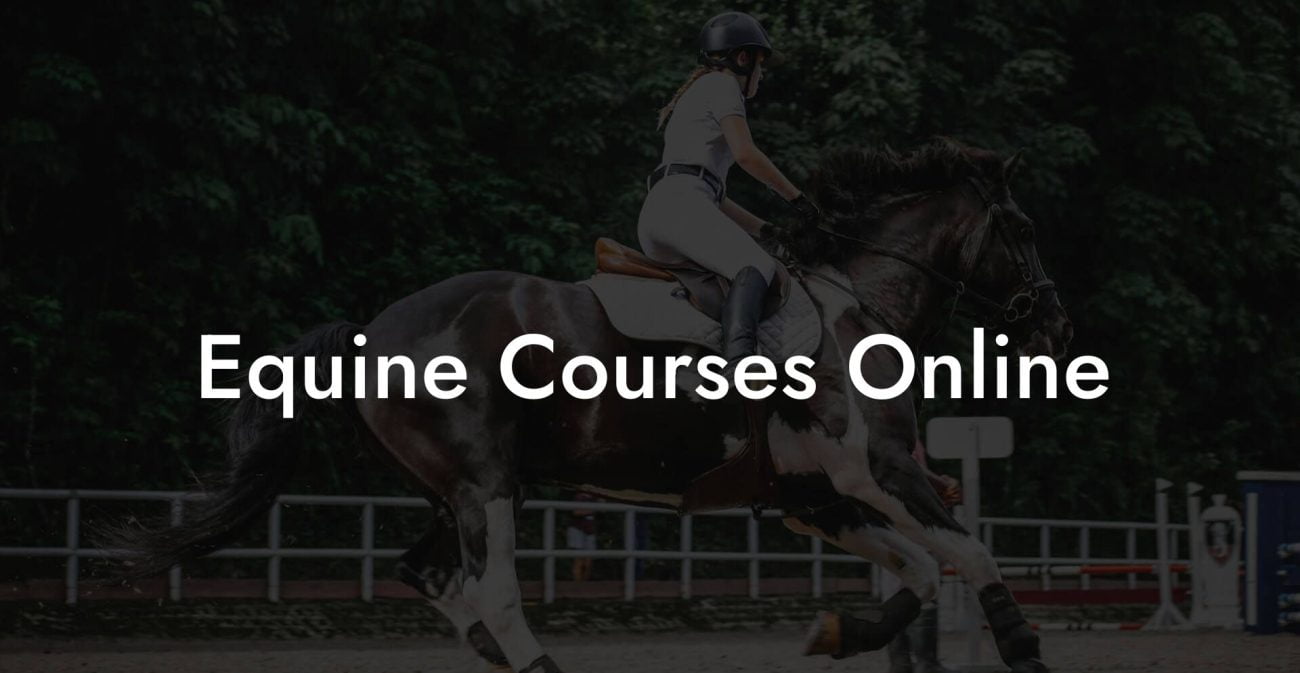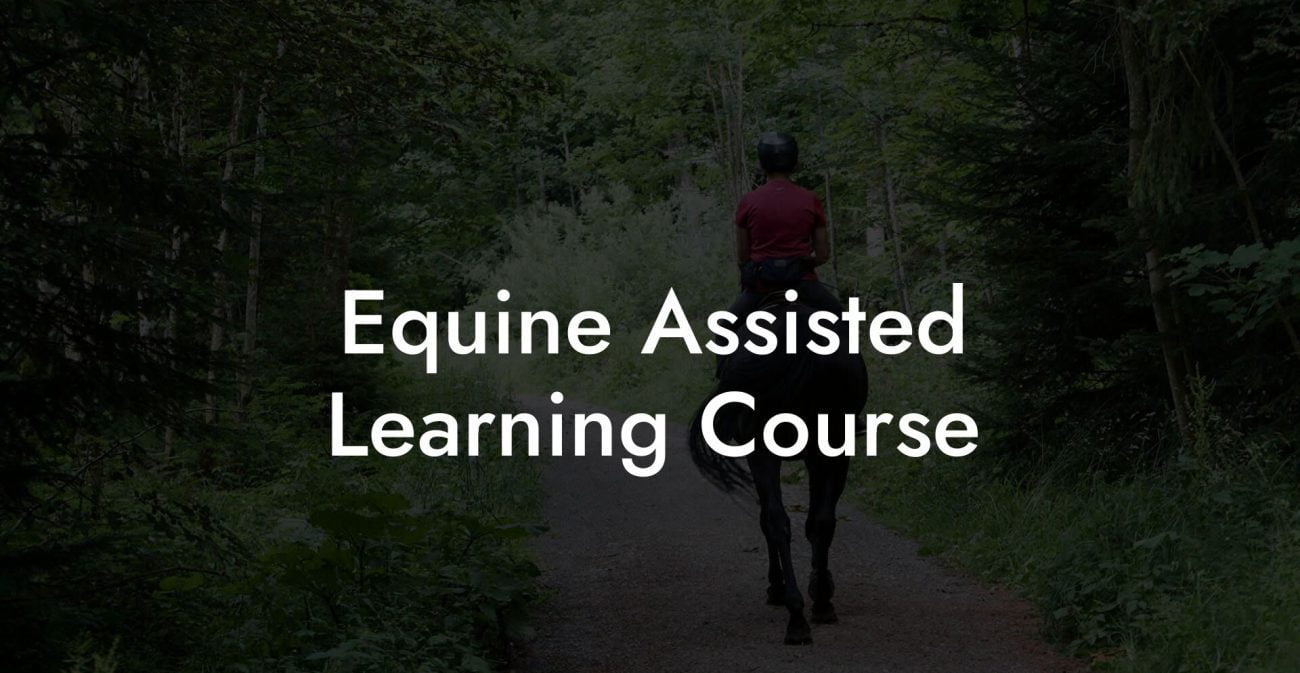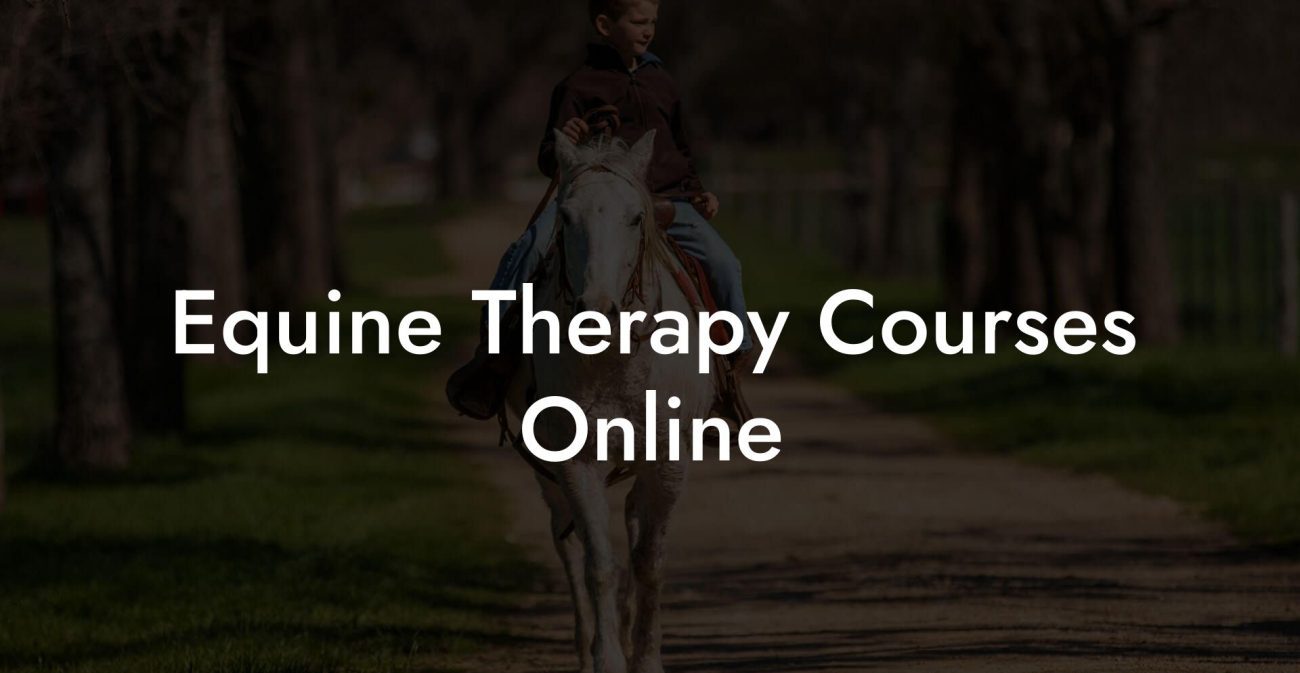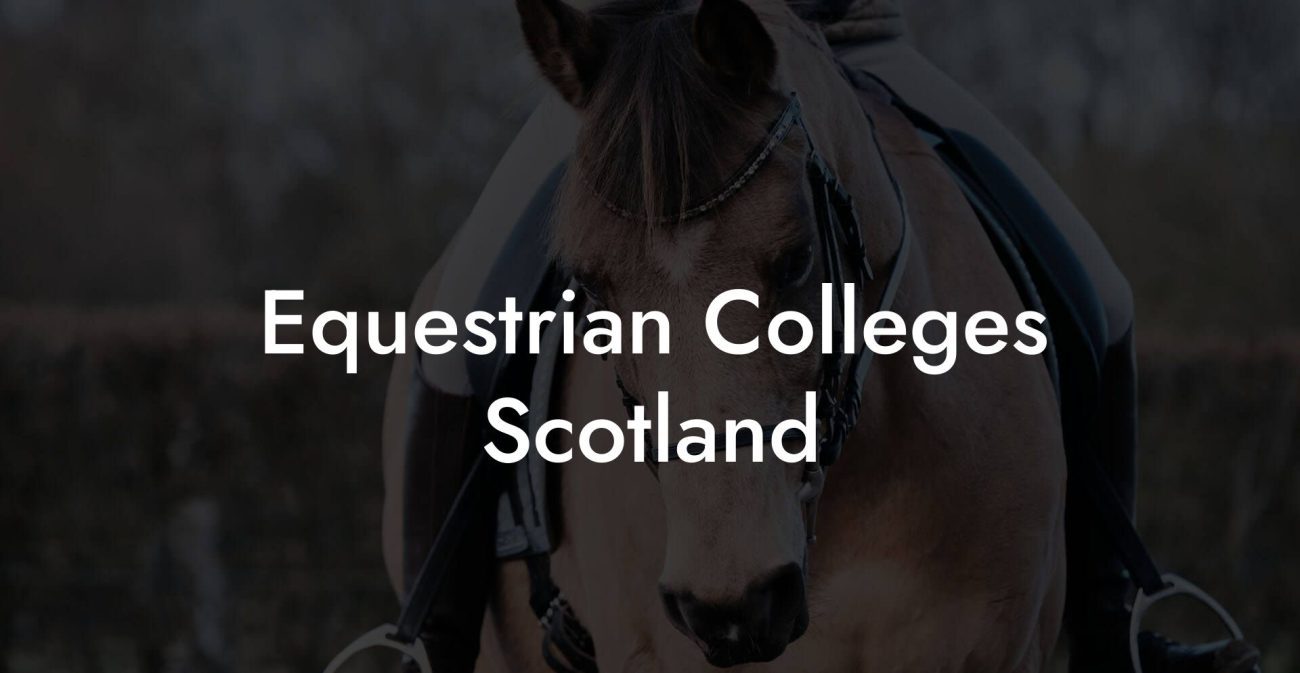Ever wondered how to transform your equine buddy’s everyday life into a well-choreographed blend of care, fun, and ultimate wellness? Whether you’re a first-time horse owner or a seasoned equestrian seeking that next-level horse care hack, this deep dive into equine care is guaranteed to get your saddlebag buzzing with fresh ideas, practical tips, and a splash of Gen-Z sass. This guide is your ultimate ride through the ins and outs of caring for your horse, covering everything from grooming and nutrition to mental well-being and tech-savvy tips, so grab your helmet (or your favorite riding cap) and get ready to unleash your inner horse whisperer.
Quick Links to Useful Sections
- Understanding Your Horse’s World
- Essential Daily Horse Care Routines
- Morning Check-Ups and Bonding Time
- Feeding: Fueling the Equine Machine
- Exercise: More Than Just a Gallop
- Grooming: The Art of Horse TLC
- Stall and Pasture Maintenance
- Health and Veterinary Care: Keeping Your Horse in Top Shape
- Vaccinations and Deworming
- Dental Care
- Injury Prevention and First Aid
- Specialized Treatments and Rehabilitation
- Grooming and Hygiene: Beyond the Bristles
- Bathing and Mane Care
- Handling Skin Conditions
- Hoof Care: The Foundation of Equine Mobility
- Exercise, training, and Mental Well-Being
- Structured Training Sessions
- Mental Enrichment: More Than Just a Gallop
- Socialization and Community Interaction
- Incorporating Technology into Training
- Creating a Safe and Comfortable Environment
- Stable and Barn Management
- Pasture and Turnout Management
- Climate Control and Seasonal Care
- Safety Protocols and Disaster Preparedness
- Advanced Equine Care: Tips, Tricks, and Modern Innovations
- Equine Fitness Apps and Smart Devices
- Alternative Therapies and Natural Remedies
- Holistic Health Assessments
- Resources and Community Support: Your Next Steps
- Online Forums and Social Media Groups
- Workshops, Clinics, and Equine Events
- Educational Blogs, Podcasts, and Online Courses
- Networking with Veterinarians and Equine Specialists
- Equine Nutrition: From Pasture to Performance
- Forage is Fundamental
- Supplementing with Modern Science
- Hydration: The Unsung Hero
- Training and Behavioral Tips for a Confident Equine Companion
- Positive Reinforcement: The Name of the Game
- Interactive Ground Work
- Incorporating Modern Techniques
- Holistic Equine Health: Mind, Body, and Spirit
- Mindfulness in the Stable
- Emotional Bonding and Trust
- Holistic Healing Modalities
- Equine Enrichment: Keeping It Fresh and Fun
- Environmental Enrichment Ideas
- Interactive Social Activities
- Equine Safety: Troubleshooting Common Hazards
- Identifying Environmental Risks
- Emergency Response Planning
- Regular Safety Drills and Training
- Equine FAQs: Your Top Horse Care Questions Answered
- Embarking on a Journey Toward Ultimate Equine Care
Understanding Your Horse’s World
Before we jump into the nitty-gritty of grooming and feed schedules, it’s essential to appreciate that every horse is a unique individual with its own personality, quirks, and hidden talents. Much like us, horses have moods, preferences, and a natural affinity for social interaction. Understanding your horse’s behavior and body language is key to giving them the best care possible.
Horses communicate through subtle shifts in posture, ear position, and even eye movements. Spending quality time observing your horse can reveal a lot about their emotional state, whether they’re excited to see you or feeling a bit under the weather. Recognizing these signals allows you to respond more effectively, ensuring your horse feels safe, engaged, and loved.
In this modern age of equine care, integrating technology like wearable trackers and behavior-monitoring apps can offer insights into your horse’s activity levels, sleep patterns, and overall well-being. Embracing these innovations not only makes your job easier but also keeps your horse’s care cutting-edge and data-driven.
Essential Daily Horse Care Routines
Establishing a reliable daily routine is the cornerstone of any successful horse care regimen. Horses thrive on consistency, and a well-organized schedule ensures that all aspects of their health, from nutrition and exercise to grooming and social interaction, are addressed timely and thoroughly.
Morning Check-Ups and Bonding Time
Start your day with a gentle check-up to assess your horse’s overall condition. Walk around your equine friend’s stall or pasture and give them a once-over while speaking in soft, reassuring tones. This isn’t just about spotting visual issues, it’s critical for strengthening the human-horse bond. A quick pat or scratch behind the ears can go a long way toward building trust and setting a positive tone for the day.
Feeding: Fueling the Equine Machine
A balanced diet is essential for optimal health and performance. Horses are naturally grazing animals, so try to mimic their natural feeding patterns as closely as possible. Typically, this involves several small meals distributed throughout the day rather than one or two large feedings. Here are a few key nutritional tips:
- Forage-First Principle: High-quality hay or pasture should form the foundation of every diet.
- Concentrates with Caution: Grains and commercial feeds can be useful, especially for performance horses, but use them in moderation to avoid digestive issues.
- Hydration Station: Always ensure your horse has access to fresh, clean water. Think of it as their very own hydration oasis.
- Customize Your Feed: Depending on your horse’s age, workload, and health status, supplements like vitamins, minerals, or probiotics may be necessary. Always consult your veterinarian or equine nutritionist for advice tailored to your horse’s needs.
Exercise: More Than Just a Gallop
Regular exercise is crucial not only for your horse’s physical strength but also for its mental sharpness. From trail rides and arena work to simple turnout time in a spacious pasture, there are plenty of ways to keep your horse active and engaged.
Mix up the activities to prevent boredom and overuse injuries. Incorporate a variety of exercises, light trotting, cantering, and even some ground work, to promote flexibility and strength. For younger or more energetic horses, agility courses and obstacle challenges are a fantastic way to stimulate both the body and mind.
Grooming: The Art of Horse TLC
Grooming isn’t merely about keeping your horse looking Instagram-ready; it’s a vital part of their well-being. Regular grooming sessions help remove dirt, reduce the risk of skin infections, and allow you to monitor for signs of injury or disease.
Equip yourself with the basics, a curry comb, a soft brush, and a mane comb, and set aside time each day to groom your horse thoroughly. Not only does this routine keep your horse healthy, but it also provides an opportunity for relaxation and bonding. And hey, those glossy coats and flowing manes are a definite bonus!
Stall and Pasture Maintenance
A clean, well-maintained living space is essential for preventing disease and ensuring a safe environment. Regularly mucking out stalls, checking for hazards in the pasture, and rotating grazing areas can drastically reduce the risk of illness and injury. Think of your horse’s stall as their home, if it’s messy, chances are your horse is feeling just as cluttered.
Implementing eco-friendly and sustainable practices, like composting used bedding, is a smart way to keep everything tidy while also benefiting your local environment. Not only will your horse appreciate the clean space, but you can feel great about making a positive impact.
Health and Veterinary Care: Keeping Your Horse in Top Shape
Much like us, horses require regular check-ups and preventive care to maintain their health. Building a strong relationship with a trusted veterinarian who specializes in equine care is indispensable. Regular wellness exams help catch potential issues early, before a minor snag turns into a major health crisis.
Vaccinations and Deworming
Vaccinations are a frontline defense against common equine diseases. Working closely with your vet to create a tailored vaccination schedule is vital to protecting your horse’s health. In parallel, regular deworming is essential, especially if your horse grazes in areas where parasites are prevalent. Maintaining up-to-date records and scheduling these appointments can save you from unexpected emergencies down the road.
Dental Care
Dental health is often overlooked, yet it plays a crucial role in your horse's ability to chew, digest, and enjoy their feed. Overgrown or misaligned teeth can lead to issues like weight loss, discomfort, and behavioral changes. Schedule annual dental check-ups and floating to ensure your horse’s bite is as smooth as butter.
Injury Prevention and First Aid
Even with meticulous care, accidents can happen. From minor cuts and bruises to more severe injuries, knowing the basics of equine first aid is essential. Keep a well-stocked first aid kit on hand, and educate yourself on handling emergencies such as colic, laminitis, or tendon injuries. Enrolling in an equine first aid course might even add a cool factor to your resume as a dedicated horse owner.
Specialized Treatments and Rehabilitation
For horses recovering from injury or surgery, specialized therapies like physiotherapy, acupuncture, or even water therapy sessions can significantly accelerate recovery. These advanced treatments are designed to restore mobility, alleviate pain, and restore your horse’s confidence. If your horse is a high-performance athlete, periodic consultations with an equine sports medicine specialist may be the ticket to a prolonged and successful career.
Grooming and Hygiene: Beyond the Bristles
Regular grooming is as much about hygiene as it is about bonding with your horse. In today's fast-paced, image-conscious world, maintaining your horse's appearance is also linked to their overall health and comfort.
Bathing and Mane Care
Horses are naturally clean animals, but occasional baths go a long way in keeping them comfortable during hot weather or after a long day of work. Choose shampoos and conditioners specifically designed for equine skin, they tend to be gentle, tear-free, and free from harmful chemicals. When it comes to the mane and tail, detangle with a dedicated comb or brush, and consider using a leave-in conditioner to keep strands soft and manageable.
Handling Skin Conditions
Just like humans, horses can suffer from skin irritations, allergies, or fungal infections. Keep an eye out for signs of rashes, hot spots, or flaky patches. If you notice any abnormalities, consult your veterinarian promptly. Preventative measures, such as ensuring your horse is not exposed to harsh weather conditions or irritants in their environment, can mitigate these issues in the long run.
Hoof Care: The Foundation of Equine Mobility
Arguably one of the most important aspects of a horse’s health is its hoof care routine. Regular trimming by a farrier every 6-8 weeks keeps hooves healthy and prevents cracking, infections, and lameness. Whether you prefer the classic horseshoe look or trending modern barefoot trimming techniques, consistency and precision are key. A well-maintained hoof not only ensures your horse’s comfort but also improves overall performance and longevity.
Exercise, training, and Mental Well-Being
Horses benefit from a holistic approach that integrates physical exertion with mental stimulation. A well-rounded training program addresses both muscular development and emotional health, ensuring your horse remains alert, agile, and eager to engage.
Structured Training Sessions
Whether you’re teaching your young colt new tricks or refining the skills of an experienced workhorse, structured training sessions provide both discipline and fun. Use positive reinforcement techniques and reward good behavior with treats or extra groom time. This not only strengthens the bond between you and your horse but also encourages them to look forward to training as a playful and stimulating part of their routine.
Mental Enrichment: More Than Just a Gallop
Horses are intelligent creatures that thrive on mental challenges. Introduce puzzle feeders, varied obstacles during ground work, or even simple games that mimic natural foraging behavior. These activities help prevent boredom, reduce stress, and keep your horse’s mind sharp. Remember, a mentally stimulated horse is more likely to be a happy and well-behaved companion.
Socialization and Community Interaction
Horses are inherently social animals that flourish in community settings. Providing ample opportunities for your horse to interact with other equines not only satisfies their social needs but also enriches their environment. Whether through group turnout sessions or strategic companion pairings, fostering these relationships can alleviate behavioral issues like anxiety or aggression, while also promoting overall well-being.
Incorporating Technology into Training
In today’s digital age, technology isn’t just for us humans, it’s becoming an integral part of equine training and health monitoring too. From wearable activity trackers and heart rate monitors to smart stable managers, technology can help track your horse’s progress, ensuring they’re getting the right amount of exercise and rest. For the tech-savvy rider, integrating these tools into your daily routine can turn horse care into a rewarding blend of tradition and innovation.
Creating a Safe and Comfortable Environment
A well-managed environment is as crucial to your horse’s well-being as any feed or workout regimen. Crafting an environment that prioritizes safety, comfort, and natural harmony can dramatically enhance your horse’s quality of life.
Stable and Barn Management
Daily stable cleaning and maintenance are vital for preventing injuries and illness. Regularly check for sharp objects, wet spots, or broken equipment that might pose hazards. A well-lit, well-ventilated barn with proper drainage not only minimizes the risk of respiratory issues but also creates a comfortable living space for your horse. Consider eco-friendly solutions such as biodegradable cleaning products and solar-powered barn lighting to keep your stable both modern and sustainable.
Pasture and Turnout Management
Equine enjoyment isn’t limited to indoors, a generous, well-kept pasture does wonders for mental and physical stimulation. Managing grazing rotation, ensuring ample shade, and maintaining secure fencing are just a few ways to create a pasture that feels like a five-star resort for your horse. Natural elements, such as water features or strategically placed trees, not only enhance the aesthetic appeal of your pasture but provide essential environmental enrichment.
Climate Control and Seasonal Care
Whether it’s the scorching heat of summer or the biting cold of winter, seasonal changes require adjustments to your horse care routine. In hot weather, ensure your horse stays cool with plenty of water, shade, and electrolyte-rich supplements. In colder months, focus on proper shelter, warm bedding, and extra nutritional support to help maintain body heat. Tailoring your care routine to the seasons not only keeps your horse comfortable but also prevents weather-related issues.
Safety Protocols and Disaster Preparedness
Emergencies happen, and being prepared is non-negotiable. Equip your stable and pasture with safety protocols for fires, storms, or unexpected disasters. Keep emergency supplies handy, a well-stocked kit, backup water sources, and evacuation plans can mitigate risks and ensure a swift response when seconds count.
Advanced Equine Care: Tips, Tricks, and Modern Innovations
Beyond the basics, there’s a world of advanced techniques and high-tech innovations in horse care that can elevate your management skills. These modern trends offer insights and solutions that merge traditional methods with contemporary expertise, ensuring your horse receives the best of both worlds.
Equine Fitness Apps and Smart Devices
The digital revolution has not left the stable behind. From apps that track your horse’s daily activity to smart devices that monitor their heart rate and sleep cycles, technology is redefining equine care. These tools allow you to tailor exercise regimens, monitor health metrics in real time, and even alert you to potential issues before they escalate. For the tech-forward horse owner, these innovations are game-changers, blending convenience with scientific precision.
Alternative Therapies and Natural Remedies
Many modern owners are exploring complementary therapies to support their equine companions. Acupuncture, chiropractic care, and herbal supplements aren’t just buzzwords, they’re proven methods that help with overall wellness, stress reduction, and injury rehabilitation. Look into natural remedies such as equine-specific essential oils and homeopathic treatments for alleviating minor ailments. Always cross-check these options with your vet to ensure they’re both safe and effective.
Holistic Health Assessments
A holistic approach to equine care considers the entire spectrum of a horse’s life: physical, mental, and emotional. Routine wellness assessments that evaluate body condition, muscle tone, and even stress levels are crucial for identifying areas that need improvement. In addition, maintaining detailed records of all treatments, nutritional adjustments, and exercise routines can provide a data-driven roadmap to optimal health.
Resources and Community Support: Your Next Steps
Caring for your horse isn’t a journey you have to travel alone. The equine community is a vibrant, supportive network packed with experts, enthusiasts, and fellow horse owners who share tips, experiences, and insider knowledge. Here are a few resources and community avenues to explore:
Online Forums and Social Media Groups
From specialized Facebook groups to interactive forums like The Chronicle of the Horse’s community board, the internet is brimming with equine enthusiasts willing to share advice, troubleshoot problems, and celebrate victories. These platforms are excellent for both novice and experienced owners, allowing you to ask questions and receive real-time feedback.
Workshops, Clinics, and Equine Events
Look for local workshops and clinics that focus on horse care topics such as nutrition, grooming, and advanced training techniques. Attending these events not only broadens your knowledge but also helps you network with professionals and like-minded enthusiasts. Many events now feature a blend of classic techniques and new tech innovations, making them a must-attend for any forward-thinking horse owner.
Educational Blogs, Podcasts, and Online Courses
In today’s digital landscape, learning about equine care has never been easier. Subscribe to reputable blogs and podcasts, or enroll in an online course tailored to horse care. These resources offer insights that range from basic health tips to advanced strategies in equine psychology and management, arming you with the knowledge to become a top-notch caretaker.
Networking with Veterinarians and Equine Specialists
Building a strong relationship with equine health professionals is one of the best investments you can make. Modern vets and specialists are embracing integrative care and are often at the forefront of new technologies and treatments. Regular consultations and open lines of communication with these experts can help you stay ahead in the game and ensure your horse’s health is always a top priority.
Ready to take your horse care routine to innovative new heights? Explore these resources, join a community, and stay curious, your horse will thank you for it!
Equine Nutrition: From Pasture to Performance
When it comes to feeding your four-legged friend, there’s more to it than just filling their belly. Think of equine nutrition as fueling a high-performance, living machine. The right balance of forage, grains, and supplements not only boosts performance but also extends your horse’s overall health and longevity.
Forage is Fundamental
At the heart of every quality horse diet is forage. High-quality hay or access to nutrient-rich pasture is fundamental, allowing horses to graze naturally throughout the day. Pasture time provides physical activity, mental stimulation, and a natural way to keep your horse’s digestion in tip-top shape.
Supplementing with Modern Science
With the rise of equine nutrition science, today’s owners have access to a range of supplements that can enhance performance and prevent deficiencies. These may include joint supplements with glucosamine and chondroitin for active horses, probiotics to support digestion, and antioxidants to combat the stress of daily routines. When introducing supplements, always consult with a nutritionist or veterinarian to ensure the right balance.
Hydration: The Unsung Hero
A well-hydrated horse is a happy horse. Whether it’s through water sources in the pasture or added electrolytes in warm weather, keeping an eye on your horse’s hydration levels can make all the difference, especially during strenuous activities. Equip your barn with clean, filtered water systems and monitor usage to spot potential issues before they escalate.
By integrating a balanced mix of natural forage and scientifically-backed supplements, you'll create a nutritional foundation that supports peak performance, enhances recovery, and ensures your horse lives its best life.
Training and Behavioral Tips for a Confident Equine Companion
A well-trained horse isn’t born overnight, it’s the result of consistent, reward-based training that respects the animal’s intelligence and natural instincts. In today’s quickly evolving equine world, innovative training techniques are blending traditional methods with modern insights to create efficient, fun, and effective routines.
Positive Reinforcement: The Name of the Game
Forget the outdated notions of harsh discipline; modern horse training focuses on positive reinforcement. Reward-based methods, using treats, praise, or extra grooming sessions, encourage your horse to repeat desirable behaviors. This approach not only builds trust but also makes each training session a fun experience for both you and your horse.
Interactive Ground Work
Ground work is an essential component of any comprehensive training program. It establishes leadership, builds mutual respect, and teaches your horse to follow commands from a distance. Engage in activities like lunging, long-lining, or obstacle navigation. These exercises not only promote discipline but also offer mental stimulation and physical exercise.
Incorporating Modern Techniques
Embrace modern training aids such as video analysis for performance reviews or apps that track training progress. Real-time feedback can pinpoint areas for improvement, from gait inconsistencies to posture adjustments, allowing you to refine your techniques continuously. Integrating these modern tools with traditional practices creates a hybrid approach guaranteed to keep your horse sharp, both physically and mentally.
Holistic Equine Health: Mind, Body, and Spirit
Caring for your horse is not just about feeding and grooming, it’s about nurturing a complete being. A holistic view of equine health considers physical, mental, and emotional well-being, ensuring your horse feels balanced and content.
Mindfulness in the Stable
Believe it or not, horses respond to the energy in their environment. Integrate mindfulness into your daily routine by maintaining a calm, positive atmosphere around the stable. Play soft music, spend quiet moments together, and incorporate a bit of meditation, yes, even for you, to create a serene environment that soothes both you and your horse.
Emotional Bonding and Trust
The trust between a horse and its owner is the backbone of a healthy relationship. Investing time in simple bonding activities, whether it's a leisurely groom session or a scenic trail ride, builds emotional connections that reduce stress and heighten mutual respect. As you strengthen your bond, you'll notice improvements in behavior, responsiveness, and overall vitality.
Holistic Healing Modalities
Some horse owners are exploring alternative healing practices like acupuncture, massage therapy, or aromatherapy to address specific issues such as muscle tension or anxiety. While these therapies might sound new-age, many owners report noticeable improvements in their horse's comfort levels and performance. Always work with experienced practitioners who specialize in equine therapies, so you’re confident in the care your horse receives.
Equine Enrichment: Keeping It Fresh and Fun
A bored horse is an unhappy horse, and happiness is the secret ingredient to long-lasting equine well-being. Enrichment goes beyond the basics of feeding and exercise, it's about lighting up your horse’s world with novel experiences that stimulate their natural curiosity.
Environmental Enrichment Ideas
Create a dynamic environment by rotating pasture areas, introducing new toys, or setting up mini obstacle courses. These creative touches keep your horse mentally engaged and prevent monotony. Even simple changes, like rearranging familiar objects or adding a splash of color to their stable, can spark curiosity and delight.
Interactive Social Activities
Organize group turnout sessions where horses can interact, play, and establish social hierarchies. These gatherings not only provide physical exercise but also stimulate social behaviors and mental well-being. The shared energy and natural competitiveness of group activities can turn an ordinary day into a festive, enriching experience.
By consistently offering fresh stimuli, whether through physical challenges or social interactions, you’re cultivating an environment that celebrates your horse’s natural instincts, keeping them lively, engaged, and perpetually curious.
Equine Safety: Troubleshooting Common Hazards
Even with the utmost care, every horse owner encounters hurdles along the way. Common hazards such as unpredictable weather, unsuitable stable conditions, or unexpected injuries require proactive management. Let’s walk through some savvy strategies to keep your horse as safe as possible.
Identifying Environmental Risks
A thorough assessment of your stable, pasture, and riding areas can spot potential hazards early. Look for loose boards, uneven surfaces, or sharp objects that may injure your horse. Regular maintenance checks and hazard mitigation measures are not just best practices, they’re essential guardrails that protect your equine friend.
Emergency Response Planning
Whether it’s a sudden storm or a minor injury, having an emergency plan in place can make all the difference. Equip your stable with a robust first aid kit, maintain a list of emergency contacts, and build a protocol for evacuating horses in the event of a natural disaster. A proactive approach ensures that when the unexpected happens, you’re not caught totally off guard.
Regular Safety Drills and Training
Just as you conduct training sessions with your horse, regular safety drills, both for you and your staff, can reinforce critical procedures and techniques. Whether it’s simulating severe weather scenarios or practicing first aid responses, these drills build confidence and ensure rapid, coordinated action when time is of the essence.
Equine FAQs: Your Top Horse Care Questions Answered
Got questions about caring for your equine companion? We’ve gathered some of the most commonly asked queries, along with detailed answers, to help you become the most informed and confident horse owner around.
1. How often should I feed my horse?
Horses are natural grazers. It’s best to provide small, frequent meals throughout the day instead of one or two large feedings. This approach mimics their natural grazing habit and helps maintain steady digestion.
2. What is the most important aspect of horse grooming?
Consistency is key. Regular grooming not only keeps your horse’s coat healthy but helps detect injuries or skin issues early. It also strengthens the bond you share with your horse.
3. How can I keep my horse safe during extreme weather?
Ensure access to proper shelter, clean water, and appropriate bedding. In hot weather, focus on hydration and shade; in cold weather, prioritize windbreaks and extra nutrition.
4. When should I schedule veterinary visits for my horse?
A yearly check-up is recommended for healthy horses, with additional visits as needed for vaccinations, dental care, or management of chronic issues. Regular monitoring is vital for preventing major health problems.
5. What technology can help improve my horse’s routine?
Modern wearables and mobile apps can track your horse’s activity, health metrics, and ensure your feeding and training schedules are on point. These tools offer data-led insights to refine your management strategies.
6. Can alternative therapies improve my horse’s well-being?
Many owners find that techniques like acupuncture, massage therapy, or herbal supplements contribute to overall comfort and performance. Always consult with a qualified professional before integrating new treatments.
7. How can I help my horse cope with stress or boredom?
Enrichment is essential. Rotate pastures, introduce new activities, and foster social interactions to keep your horse mentally and emotionally engaged.
8. What are the best practices for hoof care?
Regular trimming by a trusted farrier (typically every 6-8 weeks), daily cleaning, and occasional inspections for cracks or infections will keep your horse’s hooves strong and healthy.
Embarking on a Journey Toward Ultimate Equine Care
Caring for your horse is a vibrant blend of routine and adventure, tradition and innovation, science and soul. Every brush stroke, every measured meal, every shared moment under the open sky, nurtures not only your horse’s body but its spirit, forging a bond that transcends the ordinary. By investing in daily routines, advanced technologies, and mindfulness, you’re creating an environment where your horse can thrive.
The journey doesn’t end here. As you implement new practices and adapt to the evolving needs of your equine companion, remember that each step you take is a part of a larger narrative, a tale of genuine connection, informed care, and a shared journey toward heady health and happiness.
From understanding your horse’s subtle signals to fine-tuning schedules with modern apps, every aspect of equine care can be a celebration of life, creativity, and innovation. So saddle up, embrace the adventure, and let your heart guide you toward a future where every ride, every gallop, and every quiet moment of companionship is imbued with care, commitment, and a dash of contemporary cool.
Your journey to becoming the ultimate caretaker for your horse has only just begun. Celebrate the small wins, share your insights with the community, and continue learning, because when it comes to equine care, there’s always room for improvement, innovation, and a splash of fun. Ride on, and happy trails ahead!

